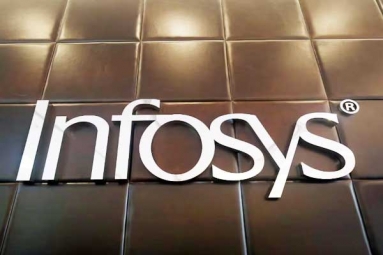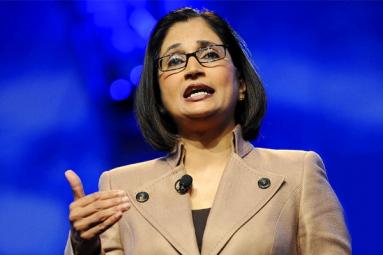The only two Indians on the Forbes list of the world’s richest people, seems to have hurt the ever growing Indian economy.
The Forbes list released on Wednesday became viral within minutes of its launch. There were lot of upward and down wards movements in the list with many key players out of the race and new ones added from across the globe. Mexican tycoon Carlos Slim, consecutively for the third time topped the list with net worth of $69 Bn. He was followed by the Microsoft founder Bill Gates with assets worth $61 Bn. The third in the list was the Media Emperor Warren Buffet with assets worth $44 Bn. This year’s list included 104 women, which was worth mentioning. Another list of top ten youngest billionaires was also released and the record fact was the top ten were all under 40 years and the list is topped by 27-year-old Dustin Moskovitz, who was one was a roommate of Facebook founder Mark Zuckerberg.
India should be proud of the Ambani Scion, Mukesh ($22.3 Bn) who managed the 19th position in the list. The second Indian figuring in the list at the 21st position was Lakshmi Mittal ($20.7 Bn). The owner of the world's largest steel company saw his fortune fall by $10.4 billion to $20.7 billion, knocking him out of the top 10 for the first time since 2004. Another Indian who shared the 41st position in the list was Azim Premji ($15.9 Bn). The other Indians in the list were Savitri Jindal & family (world rank 80), Sunil Mittal & family (113), Kumar Birla (116) Anil Ambani (118) Dilip Shanghvi (124) Shashi & Ravi Ruia (133) and Kushal Pal Singh (153).
This year’s list included 1226 billionaires spanned over 58 countries and the most from the US, followed by the Asia-Pacific region, Europe, the Americas and the Middle East and Africa. The record number surpasses last year’s 1210 selected. The average parameter to set your foot in the list is to have a total net worth of $4.6 trillion, up $100 billion from last year. In spite of the major setback in the global economy, many people did make it to the top. This was despite losing $4.7 billion in the past year. (With inputs from internet: AarKay)




















